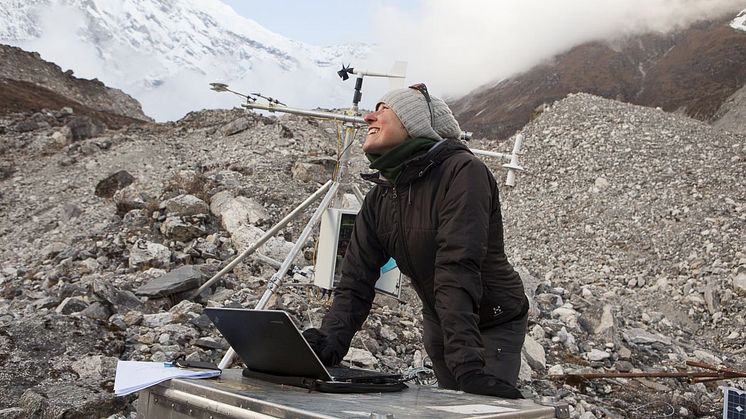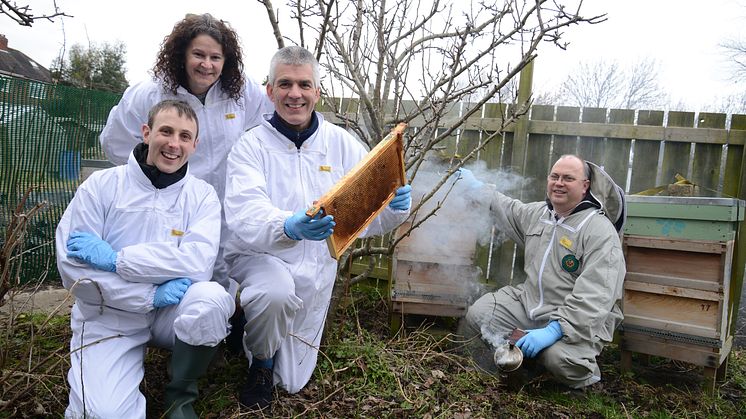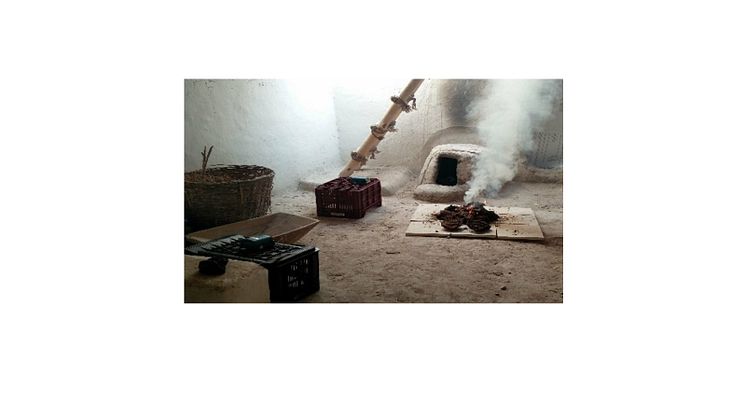Press release -
EXPERT COMMENT: Earliest ever evidence of lead pollution found in the Balkans – from 3600BC
Vasile Ersek, Senior Lecturer in Physical Geography at Northumbria University, and Jack Longman, Research Fellow at University of Southampton, discuss their work undertaken which suggests important role of Balkans in medieval mining due to newly discovered evidence of lead pollution.
Sometime around 3600BC, people in the Balkan peninsula reached a major milestone: their mining and metal smelting created enough pollution for us to detect it today. Our research has revealed this was the beginning of the Bronze Age in the region, and the birth of large-scale metallurgy in Europe.
To give some context for how early this was: at the same time, the first ever writing was just being developed in Sumer, Mesopotamia, while Britain was still in the Stone Age. Egypt’s first pyramids were still a thousand years in the future.
We already knew about these Bronze Age Balkans from patchy archaeological records of axes, adzes and beads. But we are now able to learn more about them thanks to traces of pollution they left behind.
Metal is extracted from its ore through a process known as smelting. This releases microscopic particles of lead into the atmosphere, which are then transported long distances by winds until they settle on the ground.
Peat bogs are ideal repositories for these particles because atmospheric transport is the main pathway by which pollutants can reach these sites. As peat bogs grow in small layered increments each year, they can give us a clear history of the environment in which they grew. When many such chemical analyses of known ages from the many layers of the bog are put together, a sequence of changing pollution can be developed.
In our new paper published in PNAS, we present the first such record of changing pollution from south-eastern Europe, reconstructed from the changing concentrations of lead in a peat deposit from western Serbia.
We found evidence of raised lead levels dating back to 3600BC. This is the oldest known environmental metal pollution on Earth, and places the Balkans very much at the forefront of the period of metallurgical discovery and development in the very earliest Bronze Age.
Previously the oldest known European environmental pollution happened about 3000BC in southern Spain. Our findings pushes this back by more than 500 years. Indeed, it would take western Europe another 1,000 years to catch up to the same level of metallurgical development.
The ‘well-lit’ ages
Lead pollution in the Balkans has continued almost ever since. Those same peat bogs show spikes in the level of pollution during the Late Bronze Age, and unsurprisingly, during the Roman period. At this time, the Balkans were known around the Roman world as one of the main sources of silver used for coins. Since silver is regularly found in ores alongside lead, silver smelting releases lots of lead into the atmosphere.
What is more interesting, is what happened after the Roman Empire fell in the 3rd and 4th centuries CE. In Serbia at least, it appears lead pollution continued, and even increased, indicating that local people continued the strong mining and smelting culture developed by the Romans.
This goes against the long-held view of barbaric hordes with little technological know-how ousting the Romans, leading to the “Dark Ages”, as we term the 1,000 years following the fall of Rome. This may have been true in much of western Europe, but the Balkans were in fact rather well-lit.
The culture of metalworking and mining continued into the medieval period in Serbia, as the peat shows almost constant increases in the amount of lead pollution until the 17th century. Periods of pollution reduction often coincide with periods of plague or pestilence, but they are always short-lived, suggesting metallurgy was a key feature of local populations recovering after such periods of strife.
Our data suggests the Balkans played a major role in medieval mining and metallurgy right up until the Ottoman invasions, whereupon steadily increasing taxation and bureaucracy in the region caused many mines to close. This leading role is evidenced by levels of lead pollution in the 17th century comparable with known centres of medieval western mining such as the Black Forest in Germany and the north-west of England.
Our work presents an alternative view on how the hugely socio-economically important metallurgical industry developed in Europe. People in the Balkans were clearly pioneers of very early metalwork, and remained at the forefront through the Dark Ages and medieval period.
This article was originally published on The Conversation. You can read the original article here.
Topics
Northumbria is a research-rich, business-focused, professional university with a global reputation for academic excellence. To find out more about our courses go to www.northumbria.ac.uk
If you have a media enquiry please contact our Media and Communications team at media.communications@northumbria.ac.uk or call 0191 227 4604.















